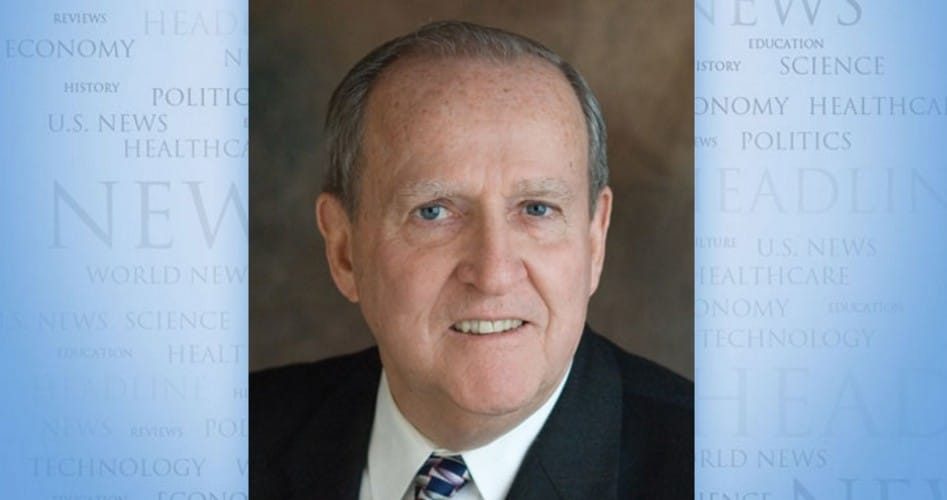
Resistance to vaccination isn’t new. But it is increasing. A growing number of parents are finding themselves embroiled in battles over mandatory vaccinations for all youngsters. They protest that vaccines are not only fruitless, they are also dangerous. Some moms and dads have pulled their children out of schools where they are told all attendees have to be vaccinated.
Reasons given by the opponents of compulsory vaccinations are sometimes religion-based. But increasingly, objections have pointed to medical authorities who see no reason for compulsion regarding the process. Local vaccination campaigns aimed at preventing influenza have been found to induce the disease for some while preventing it for others. Other data indicates that half of an area’s flu victims had received the vaccination while the remainder had not. More objectors are now basing their resistance on the opinion of a heretofore isolated and scoffed at doctor who wanted nothing to do with some types of vaccination. The matter has frequently ended up in the courts where eventual rulings have been mixed.
Those favoring mandatory vaccination for youngsters, even infants, currently outnumber wary parents who want no needles sticking foreign substances into their children — or themselves. Recently, claims of the underdogs that vaccines can be harmful recently received an unlikely boost from a surprising source. On December 2, 1919, the World Health Organization, a United Nations body, was found to have produced a video containing the testimonies of numerous medical authorities who contend that indeed there are health hazards in some vaccines. No longer is caution regarding vaccination recommended only by an isolated doctor or lonely health professional.
The vaccination process, of course, consists of injecting a small amount of a disease into a healthy person with the expectation that the resulting minimal discomfort will be successfully fought and leave the person immunized from the possibility of a future of contracting the malady. For a good while, however, substances called adjuvants have been added to some vaccines, and these are now considered by a growing number of medical authorities as a problem all by themselves. (An adjuvant is a substance added to a prescription to aid the effort of its main ingredient.)
Following are testimonies given in the WHO video from some of the medical authorities who expressed caution regarding vaccines.
• Dr. Stephen Evans, Professor of Pharmacoepidemiology: “It seems to me that adjuvants multiply the immunogenicity of the antigens that they are added to [and] it is not unexpected if they multiply the incidence of adverse reactions that are associated with the antigen….” This testimony from Professor Evans actually admits that vaccine adjuvants can increase cell death and damage to vaccine recipients.
• Dr. Martin Howell Friede, Coordinator, Initiative for Vaccine Research, WHO: “As we add adjuvants, we do see increased reactogenicity…. The major health concerns which we are seeing are accusations of long term effects.”
• Professor Heidi Larson, PhD, Director of the Vaccine Confidence Project: “We have a very wobbly health professional front line that is starting to question vaccines and the safety of vaccines. Front line professionals are starting to question or they don’t think they have enough confidence about the safety to stand up to the person asking them the questions.”
• Dr. Soumya Swaminathan, M.D. Chief Scientist, WHO, Pediatritian: “I think we cannot overemphasize the fact that we really don’t have very good safety monitoring systems in many countries, and this adds to the miscommunication and the misapprehensions because we’re not able to give clear-cut answers when people ask questions about the deaths that have occurred due to a particular vaccine….”
Most medical authorities insist that some vaccines are extremely effective in ridding individuals of some diseases. That view seems to be realistic inasmuch as poliomyelitis no longer poses a threat here in America. But many of these authorities are beginning to realize that other vaccines — especially those laden with adjuvants — carry the risk of severe health issues, even death. That WHO personnel are now speaking out about this matter is good news.
The other matter, not brought up by those whose opinions appear in the WHO video session, is the scary possibility of and overbearing government employing compulsory medicine as a political tactic. If unwanted vaccinations can be mandated, will mass medication be employed for political reasons (population control, genocide, racial purity, etc.)? The conclusion that should be reached by all is that those who want vaccinations should be able to secure them, and those who don’t should be able to refrain.
The full video noted above can be accessed here.
John F. McManus is president emeritus of The John Birch Society.



